Recommendation letter template for graduate student
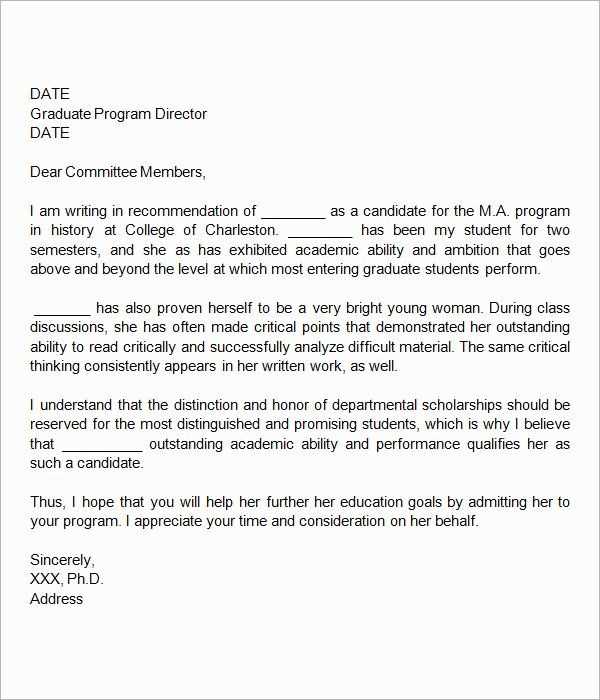
Begin your recommendation letter by clearly stating your support for the graduate student and their qualifications. For example, “I am pleased to recommend [Student’s Name] for admission to your graduate program. Over the course of our academic relationship, I have witnessed their consistent dedication and intellectual curiosity.” This immediate clarity sets the tone for a strong endorsement.
Follow with specific examples of the student’s achievements. Highlight their skills, work ethic, and academic abilities. Mention particular projects or courses where the student stood out. For instance, “During our collaboration on [specific project], [Student’s Name] demonstrated an exceptional ability to analyze complex data and present findings in a coherent and impactful way.” This gives context to the recommendation and illustrates their potential for success in graduate studies.
Conclude the letter by reinforcing your support. Be direct and confident, ensuring the reader understands why the student is a strong candidate. “Without hesitation, I believe [Student’s Name] will excel in your program and contribute meaningfully to your academic community.” This final statement serves as a strong endorsement and leaves no doubt about the student’s qualifications.
Recommendation Letter Template for Graduate Student
I highly recommend [Student’s Full Name] for admission to your graduate program. During their time at [University Name], they consistently demonstrated strong analytical skills, a keen ability to collaborate with peers, and a solid work ethic. Their commitment to their studies was evident in the high-quality research projects they produced and their active participation in class discussions.
In particular, [Student’s First Name] stood out in the [Specific Course or Project] where they applied theoretical knowledge to practical challenges. Their approach to problem-solving was methodical and thorough, often leading to creative solutions that benefited the entire team. [Student’s First Name] has a natural ability to break down complex issues into manageable tasks, a skill that will serve them well in any rigorous academic environment.
In addition to academic excellence, [Student’s First Name] displayed strong leadership qualities during group projects. They are a reliable team member who communicates clearly and respectfully, ensuring that every group member’s input is considered. Their ability to motivate and guide others makes them an asset to any group dynamic.
For these reasons, I have no hesitation in recommending [Student’s Full Name] for your graduate program. They possess the intellectual curiosity, dedication, and collaborative spirit that will allow them to thrive in your academic community.
How to Start the Letter: Key Elements to Include
Begin the letter with a direct address to the recipient. Use their formal title, such as “Dr.” or “Professor,” and their last name. If you don’t know their title, “Dear [Full Name]” works. The first sentence should clearly state the purpose of the letter–recommendation for graduate school. Make it specific and confident.
Next, provide a brief introduction of your relationship with the student. Mention how long you’ve known them and in what capacity. This builds credibility for your recommendation.
Here’s a suggested structure:
| Element | Purpose |
|---|---|
| Salutation | Start with a formal greeting to the recipient. |
| Introduction of Relationship | Explain how you know the student and for how long. |
| Statement of Purpose | Clearly state the intent of the letter, which is to recommend the student for graduate school. |
Including these points helps the reader quickly understand the context and purpose of your recommendation. Avoid unnecessary details at the start; focus on clarity and directness.
Describing the Student’s Strengths and Academic Achievements
Throughout their academic career, [Student Name] has demonstrated a remarkable ability to grasp complex concepts and apply them practically. Their enthusiasm for learning and commitment to excellence are evident in every project they undertake.
Key Strengths
- Analytical Thinking: [Student Name] consistently breaks down intricate problems into manageable parts, showcasing impressive critical thinking skills.
- Problem-Solving Skills: They approach challenges with a solutions-oriented mindset, consistently finding innovative and effective ways to address obstacles.
- Work Ethic: [Student Name] demonstrates a strong sense of responsibility and dedication, always meeting deadlines and exceeding expectations.
- Collaboration: They excel in team settings, contributing valuable insights while respecting others’ viewpoints, making them a natural leader among their peers.
Academic Achievements
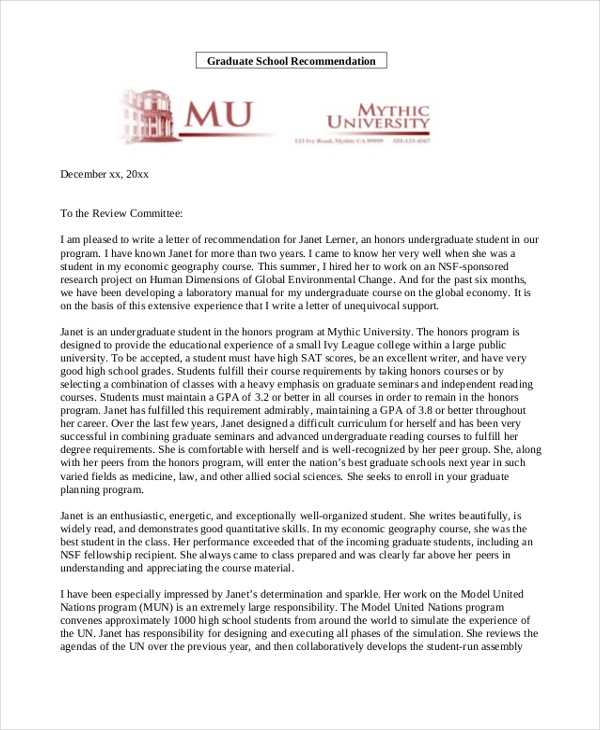
- Top Scores: [Student Name] has earned consistently high grades across all subjects, including [specific subject or course].
- Research Excellence: They contributed significantly to [mention a specific research project], which was well-received by both faculty and peers.
- Leadership Roles: As the leader of [specific group or club], [Student Name] guided their team to achieve [specific accomplishment].
In summary, [Student Name] stands out as a highly capable and driven individual, possessing both the intellectual curiosity and the discipline needed to thrive in a graduate program. Their ability to contribute meaningfully to both academic and extracurricular endeavors sets them apart as an ideal candidate for further studies.
Highlighting Relevant Experience and Skills
Throughout the course of their academic career, [Student Name] has demonstrated exceptional analytical and problem-solving skills. Their involvement in [specific project or research] allowed them to apply theoretical concepts to real-world scenarios, showcasing a strong capacity for critical thinking and research methodology. In particular, their ability to synthesize complex data and present it clearly was evident during [specific event or presentation], where they received positive feedback from peers and professors alike.
Additionally, [Student Name] possesses solid technical skills that have been honed through hands-on experience with [specific software, tool, or technique]. They consistently applied these skills in various assignments, excelling in tasks such as [specific task or achievement]. This technical proficiency, combined with a keen attention to detail, has made them an invaluable team member on several collaborative projects.
One of [Student Name]’s standout qualities is their strong communication abilities, both written and verbal. Their work on [specific paper, thesis, or group project] exemplified their ability to articulate complex ideas in a clear and accessible manner. Their collaborative nature and willingness to contribute to group discussions also contributed to the success of team-based projects.
Providing Specific Examples of the Student’s Contributions
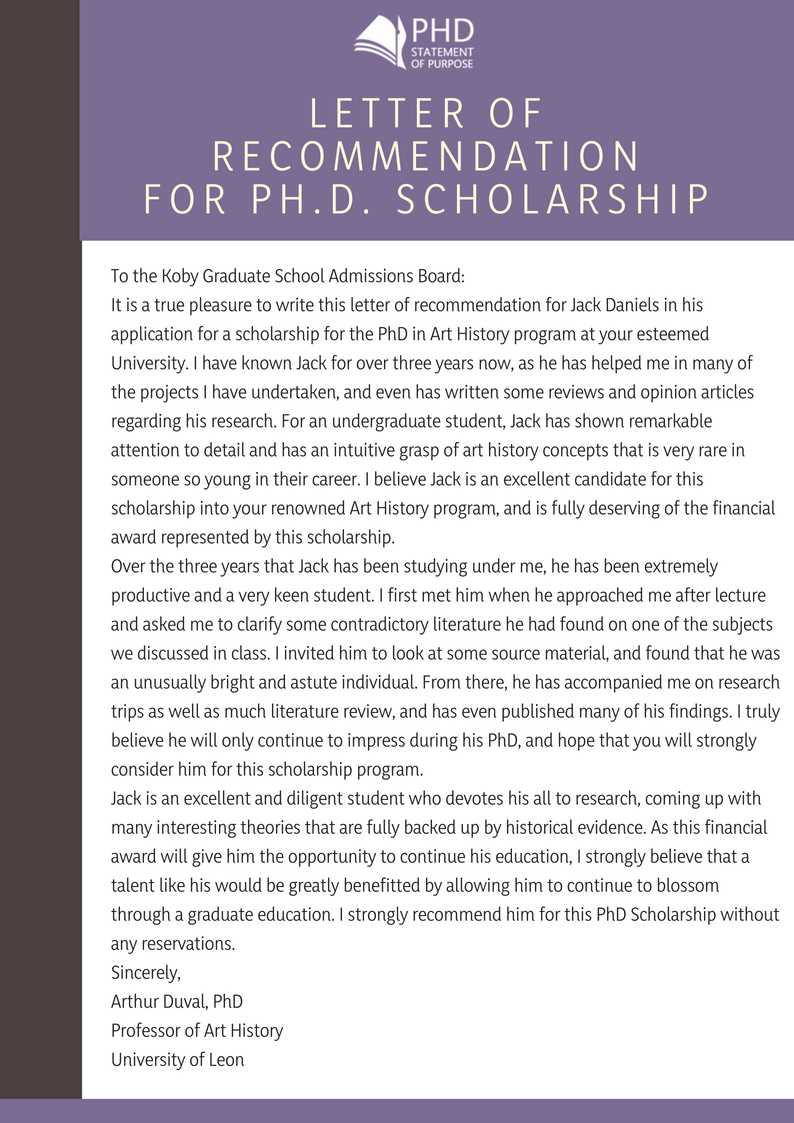
During the time [Student’s Name] worked on the [specific project or class], they played a key role in developing a unique approach to [specific task or challenge]. For instance, their ability to [describe specific task completed, such as data analysis, creative work, problem-solving] resulted in a measurable improvement of [specific outcome], which positively impacted the team’s performance.
Key Accomplishments
[Student’s Name] exhibited a remarkable level of initiative during the [specific project or event]. Their contribution of [specific action, such as leading a team, organizing tasks, presenting findings] was integral to achieving [result]. This not only showcased their leadership skills but also demonstrated their ability to think critically under pressure.
Innovative Solutions
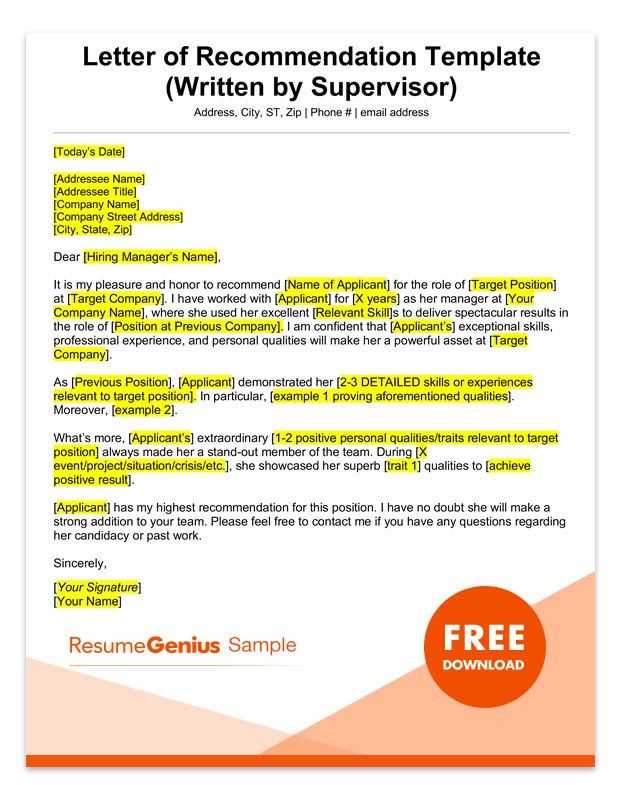
A standout example of [Student’s Name]’s contribution was their suggestion to [describe innovation, e.g., streamline a process, introduce a new tool or technique]. This solution led to [specific benefit, such as saving time, improving accuracy, reducing costs] and was implemented across the department, making a lasting impact on future projects.
Writing a Strong Closing: Final Words of Endorsement
Conclude with clear, confident statements that reinforce your recommendation. A strong closing leaves a lasting impression on the reader. Here are some practical ways to wrap up your letter:
- Reaffirm the candidate’s strengths by highlighting one or two key qualities that stood out during your time working together.
- Be specific about how these qualities align with the goals of the program or position the candidate is applying for.
- Express your full support with a definitive statement, such as “I have no doubt [Candidate’s Name] will make significant contributions to your program.”
End with a direct offer to provide more details or clarify any points, showing that you are willing to stand behind the candidate.
- Close with a warm yet professional phrase, such as: “Please feel free to contact me for further information.”
- Finish with a courteous sign-off, such as “Sincerely” or “Best regards.”
Formatting and Customization Tips for Your Recommendation Letter
Begin with a clear structure. Start with a formal header, including your name, title, and contact information. This creates a professional tone and offers context. Below this, address the recipient directly, using their title and name to establish a personal connection.
The body should follow a logical progression. Organize the letter into paragraphs that highlight specific qualities or experiences of the student. Each paragraph should have a clear topic sentence, with supporting details illustrating their strengths, achievements, and potential. Avoid overloading any section with excessive information. Stick to the most impactful examples.
Tailor the Content
Customizing the letter to align with the position or program the student is applying for shows attention to detail. Mention relevant skills or experiences that relate to the field, such as academic excellence, research ability, or leadership potential. Use specific terminology that resonates with the audience, making it clear how the student fits the role.
Maintain Professional Tone and Language
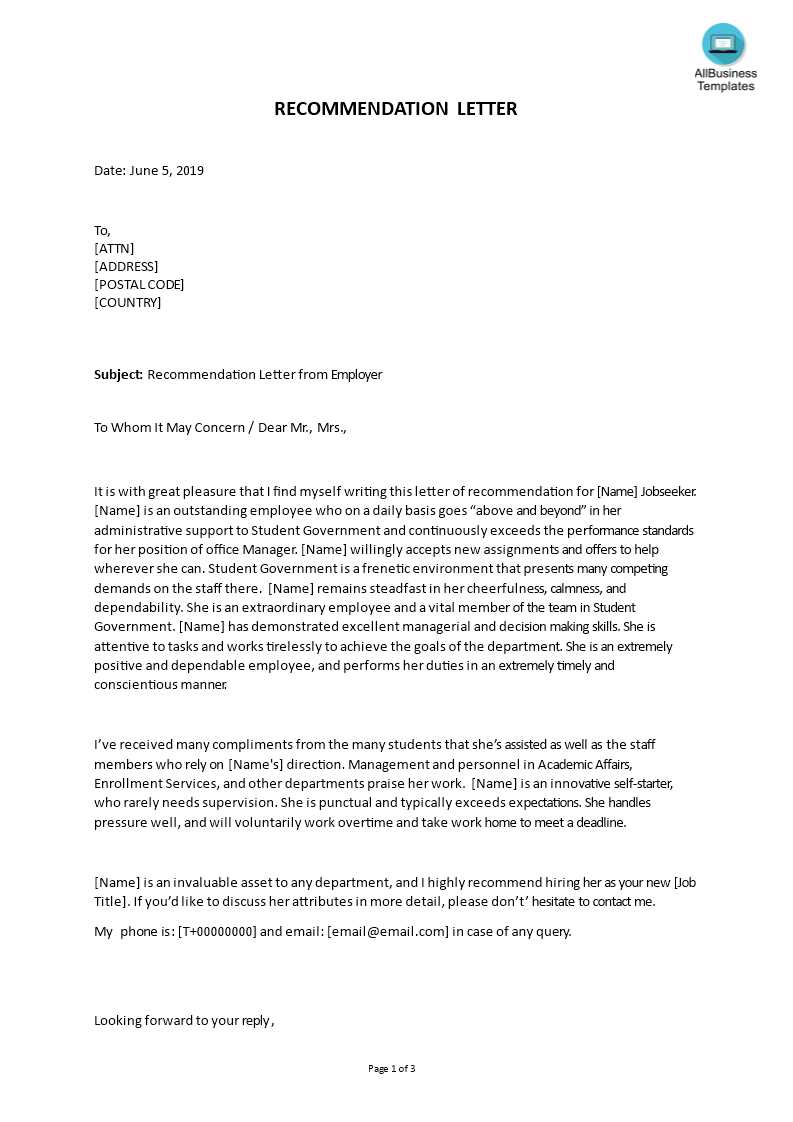
While the letter should be warm and supportive, it should avoid overly casual language. Keep the tone respectful, clear, and confident. Ensure grammar and syntax are correct, as this reflects both your professionalism and your endorsement of the student. Tailor the level of formality to match the expectations of the recipient, whether it’s a university department or a hiring manager.